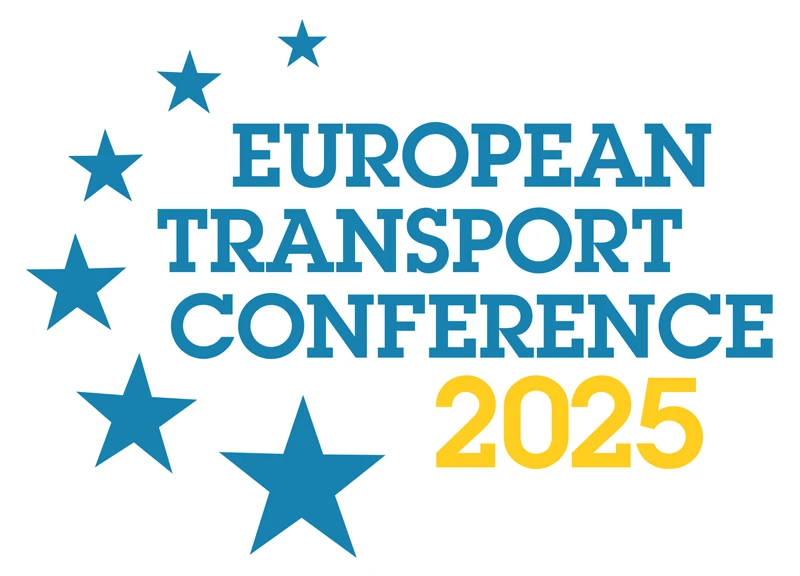-
Past ETC Papers

Browse, search and view papers from the past AET Conferences.
-
Members' Area

AET promotes networking and exchange of ideas, information and opportunities amongst members.
ETC Conference Papers
Conference Past Papers Repository
Competitive Tendering on Railway Services in the Czech Republic
Seminar
Day 1 (9 Oct 2019), Session 3, Rail: tackling the friction of distance and borders, 16:30 - 18:00
Status
Accepted, documents submitted
Submitted by / Abstract owner
Ondřej Špetík
Authors
Ondrej Spetik
Short abstract
The paper analyses the competitive tendering process in the Czech Republic. It is based on the empirical data from the competitive tendering procedures and interviews with region representatives.
Abstract
Functioning of subsidised passenger railway transport is undergoing changes not only in the Czech Republic but all over the European Union. Some routes have been tendered or are awarded directly to the private transport operator. According to the Fourth railway package, public tenders will be obligatory with some exceptions from 2023 and all routes (also with some exception) have to be tendered until 2033.
The experience has shown that the call for tenders brings lots of problems in the Czech Republic. Moreover, commissioning of transport services either have little experience or even do not have any experience with it. Most of the competitive tenders have ended up unsuccessfully in the Czech Republic. But on the other hand, there is one successful example of the tender on a set of routes in the South Bohemia Region.
The paper aims to analyse the competitive tendering process in the Czech Republic with its shortcomings and problems.
Methodologically, the paper is based on the empirical data from the competitive tendering procedures in the Czech Republic. In addition, region representatives, which are responsible for regional railway public services obligation, have been interviewed.
The structure of the paper corresponds to the objective. After the literature review, we will deal with the methodological part. Afterwards, the competitive tendering in the Czech Republic will be analysed, and a possible solution for economic policy will be presented.
The main results are that competitive tendering failed due to lack of time during the procurement process, short-term of offered contracts and exaggerated requirements of the regions. Many regions are warried about failure of the competitive procedure, and therefore they prefer direct awarding which is much simpler.
Programme committee
Young Researchers' and Practitioners' Forum
Documents:
Association For
European Transport
Forester House
Doctors Lane
Henley-in-Arden
Warwickshire, UK
B95 5AW
+44 (0) 15 64 793552
VAT number: 710 1866 64
Conference Supporters & Endorsers




Legal Entity
The Association for European Transport is registered as an Association ('vereniging') with the Chamber of Commerce for Haaglanden in The Netherlands under company number 27170096.
Built on Zenario




